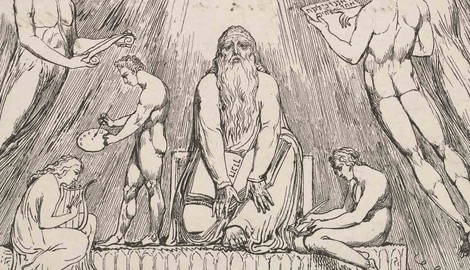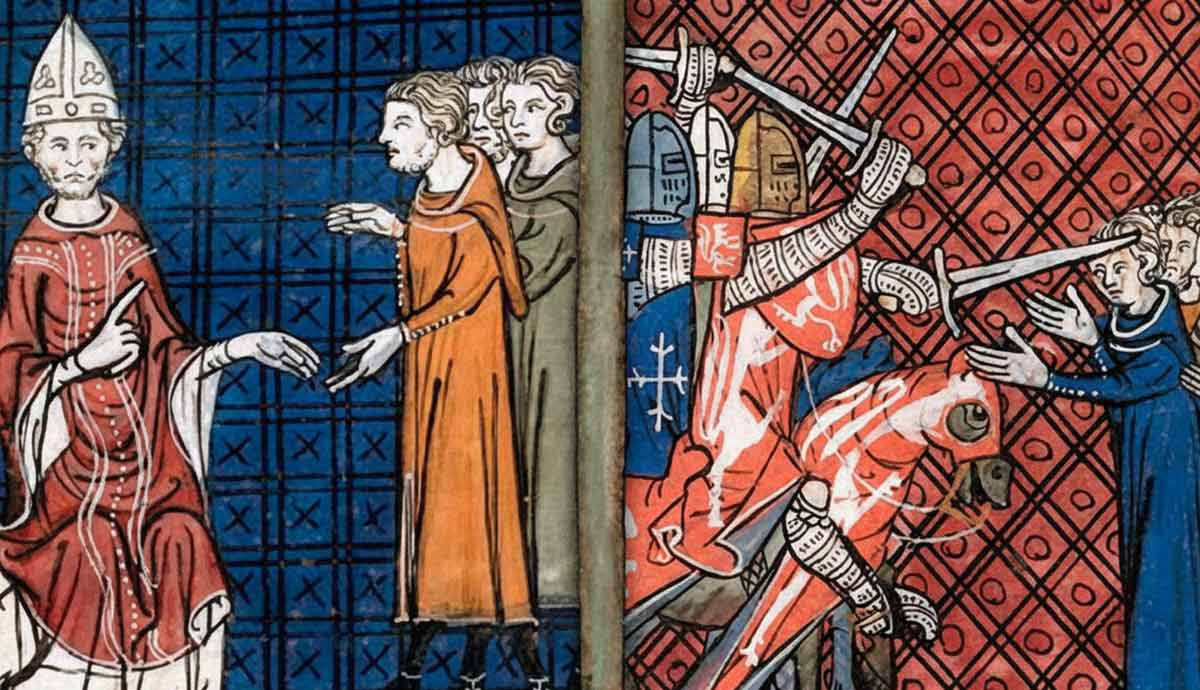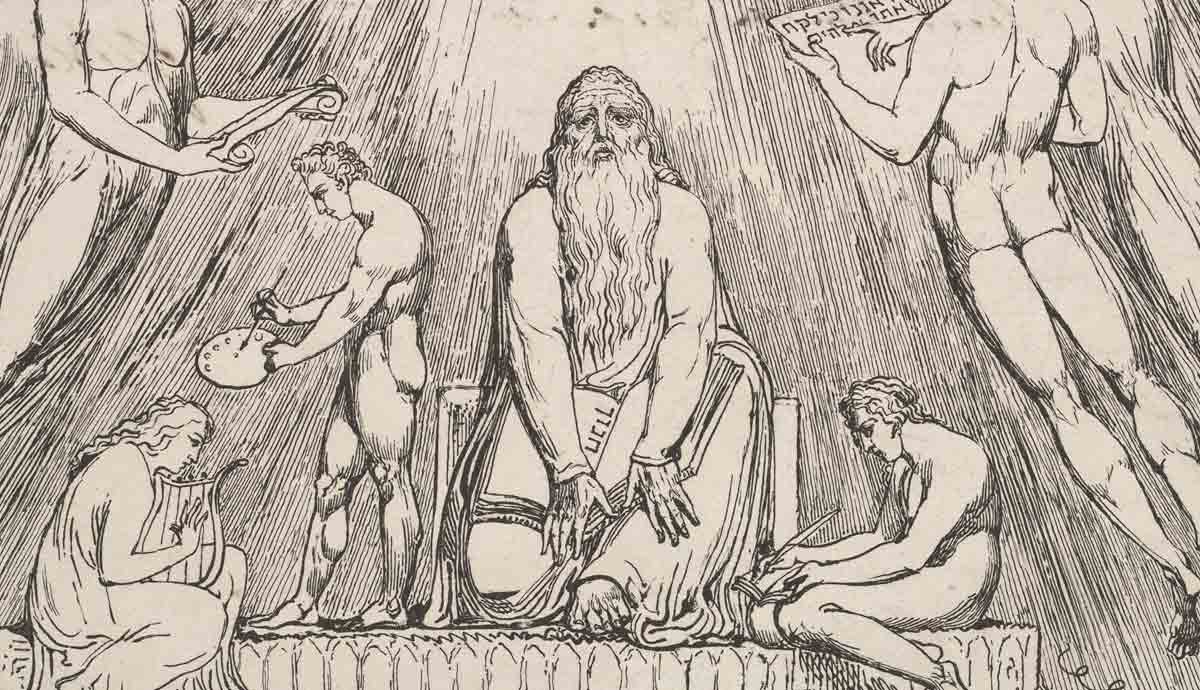
According to the first book in the Old Testament, Genesis, Enoch was a normal man who walked the Earth, until he didn’t… Enoch’s mysterious disappearance from the face of the Earth to go be with God is one of the most fascinating stories in the whole of scripture. Yet, it is often skipped over. The Bible claims that all scripture is God-breathed, meaning it is there for a reason. But what could be the relevance of this seemingly absurd story?
Goodness and a Biblical Perspective

Christians have their favorite parts of scripture. Bible verses about God’s goodness, love, grace, and abundant blessings are quoted all the time. We see it everywhere around us, from bumper stickers to tattoos to online. Take Jeremiah 29 verse 11, for example. In this over-quoted verse, God promises that he has good plans for the reader. Plans for them to prosper in a bright future, without suffering.
But there are also equally relevant parts of the Bible that are not so palatable or “nice.” What do they do with those? Most of the Old Testament is full of stories that are bizarre at best and disgusting at worst. The Bible is full of incest, murder, child sacrifices, adultery, and every other kind of evil you can think of.
However, the one character who is not corrupt in the Bible is God (Yahweh). Throughout all of scripture, it is clear that it is humankind who is evil and unlike their creator, God. According to the Bible, it was after the original sin when people became corrupted and started indulging in all sorts of evil.
The question that remains now is the same question that philosophers have asked forever: What does it mean to be a good person? The story of Enoch in the Bible gives us the perfect lens to dive deeper into this.
Who Is Enoch in the Bible?
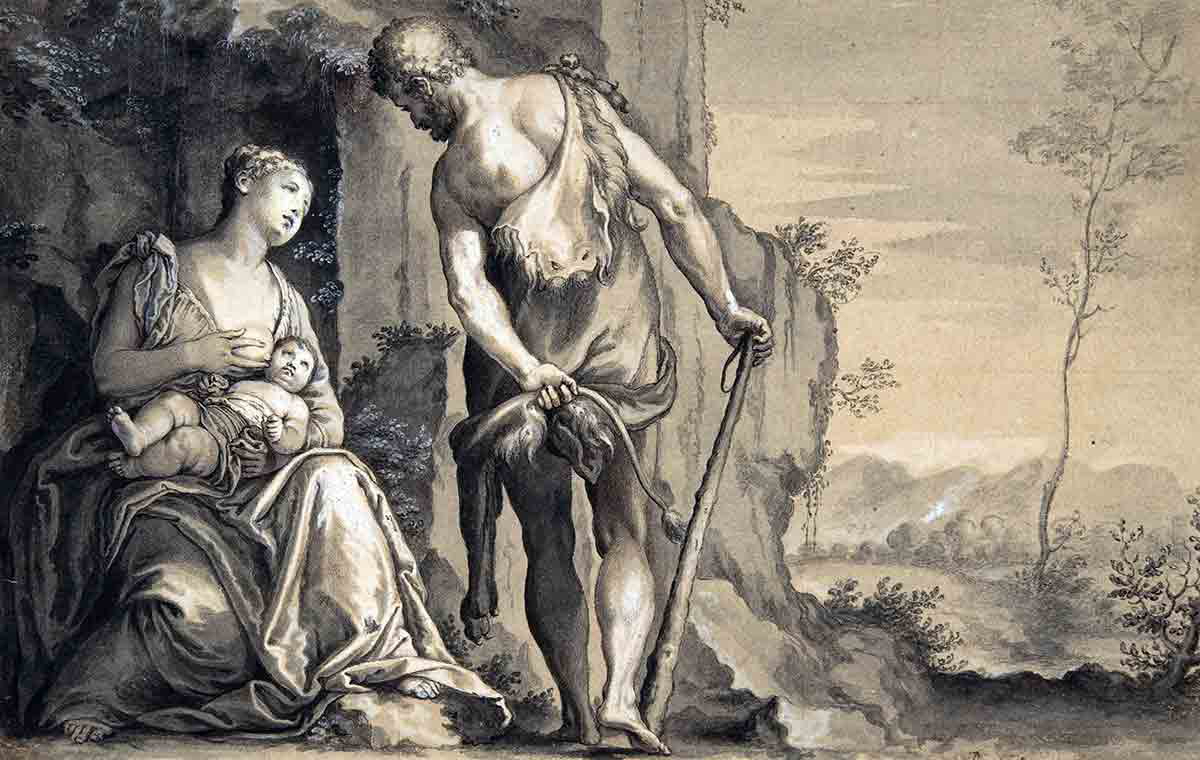
Of all the bizarre stories found in scripture, this might be one of the best. It might even beat the tale of Balaam’s talking donkey (Numbers 22:21-39), Samson, who got strength because of his long hair (Judges 16:17), and Jonah being swallowed by a giant fish (Book of Jonah).
In Genesis chapter 5, we find the account of Adam’s family line. It goes a little something like this:
1: “When ______ had lived ____ years, he became the father of ______.”
2: “After he became the father of ______, ______ lived _____ years and had other sons and daughters.”
3: “Altogether, _______ lived a total of ______ years, and then he died.”
This pattern repeats ten times, bringing the reader from Adam to Noah, spanning about 1,100 years (10 generations). Noah’s story continues in Genesis 6 with the account of the Great Flood, and a careless reader might not even realize what they had missed. But at the seventh repetition in the genealogy, there is a slight difference:
1: “When Enoch had lived 65 years, he became the father of Methuselah.”
2: “After he became the father of Methuselah, Enoch walked faithfully with God 300 years and had other sons and daughters.”
3: “Altogether, Enoch lived a total of 365 years. Enoch walked faithfully with God; then he was no more, because God took him away.” (Genesis 5:21-24, NIV)
What Makes Enoch in the Bible Different?

What makes Enoch’s Genesis 5 description different? There are two differences between how Enoch was described in comparison to Adam, Seth, Enosh, Kenan, Mahalalel, Jared, Methuselah, and Lamech.
Firstly, in the second section of the pattern, the word “lived” is replaced with “walked faithfully with God.” This difference is so subtle that the reader might not even realize it is there before the established rhythm continues with a number of years and “had other sons and daughters.”
The second difference is harder to miss. Even though this section of the pattern begins unchanged, a major plot twist awaits the reader. Instead of the anticipated line “and then he died,” Enoch’s story ends rather differently.
“Enoch walked faithfully with God… then he was no more, because God took him away.” (Genesis 5:24, NIV)
The Meaning of Enoch’s Disappearance
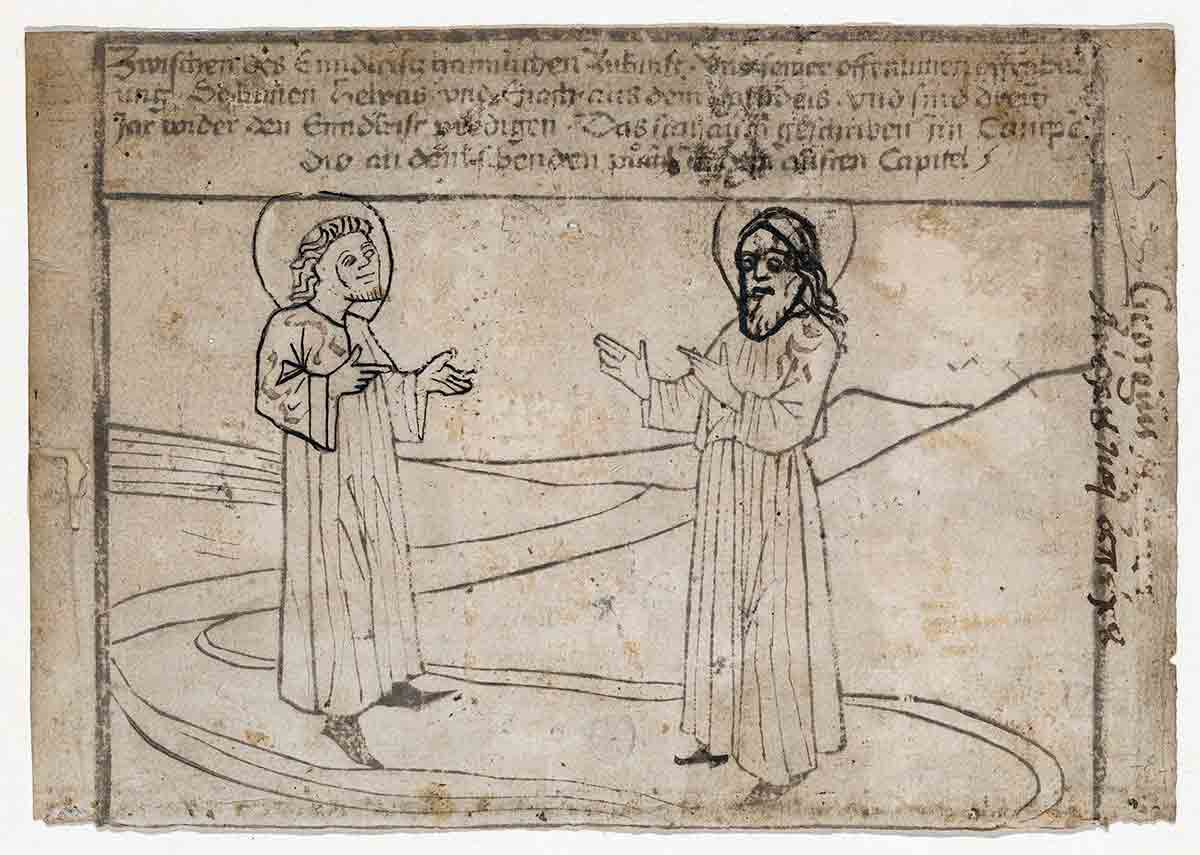
After Enoch, the tune changes. While every generation after Noah is described using that same pattern we’ve studied above, Enoch seems to be like a pebble in a pool. A seemingly minor event, but with consequences that are widespread. It is Enoch’s grandson, Lamech, who breaks the pattern:
“When Lamech had lived 182 years, he had a son. He named him Noah and said, “He will comfort us in the labor and painful toil of our hands caused by the ground the Lord has cursed.” After Noah was born, Lamech lived 595 years and had other sons and daughters. Altogether, Lamech lived a total of 777 years, and then he died.” (Genesis 5:28-31)
Lamech’s words spoken over his son in the verses above are a declaration that something different is coming. We can only imagine whether or not Lamech might have walked closely with his grandfather, Enoch, who walked closely with God. Could Enoch have instilled this deep desire for comfort from the creator in his grandson? Where else could Lamech have found the courage and sense to break such a generational cycle of suffering and brokenness?
Lamech’s hopeful naming of his son, Noah, turns out to be significant. In Genesis 6, God regrets making humankind because of their evil deeds:
“The Lord regretted that he had made human beings on the earth, and his heart was deeply troubled. But Noah found favor in the eyes of the Lord.” (Genesis 6:6;8, NIV)
This is a major turning point in the plot of the Bible; from the beginning, humankind was unable to please God. But here, with Enoch and then Noah, the story is starting to change.
The Book of Enoch

The New Testament Book of Jude quotes what the author claims to be the writings of Enoch.
“Enoch, the seventh from Adam, prophesied about them: ‘See, the Lord is coming with thousands upon thousands of his holy ones to judge everyone, and to convict all of them of all the ungodly acts they have committed in their ungodliness, and of all the defiant words ungodly sinners have spoken against him.’” (Jude 1:14-15)
The ancient Book of Enoch shows that Enoch had something in common with other Biblical figures who walked closely with God: He was prophetic. It is a compilation of works and not a single book. Much of the Book of Enoch is made up of descriptions of visions, insights, and dreams that Enoch had. Enoch is even described as the “Son of Man.”
It is interesting that Enoch, like the Old Testament prophets, did not just have an amazing personal relationship with God and then was whisked off to somewhere else. Enoch’s closeness to God propelled him to speak up for divine judgment and share a message about God’s ways.
“Before these things Enoch was hidden, and no one of the children of men knew where he was hidden, and where he abode, and what had become of him. And his activities had to do with the Watchers, and his days were with the holy ones.” (Book of Enoch, Section I, 12:1-2)
It should be noted that this ancient text, the Book of Enoch, was accepted by early Jewish and some Christian communities, but it is now considered pseudepigraphal.
Who Else Ascended Without Dying in the Bible?
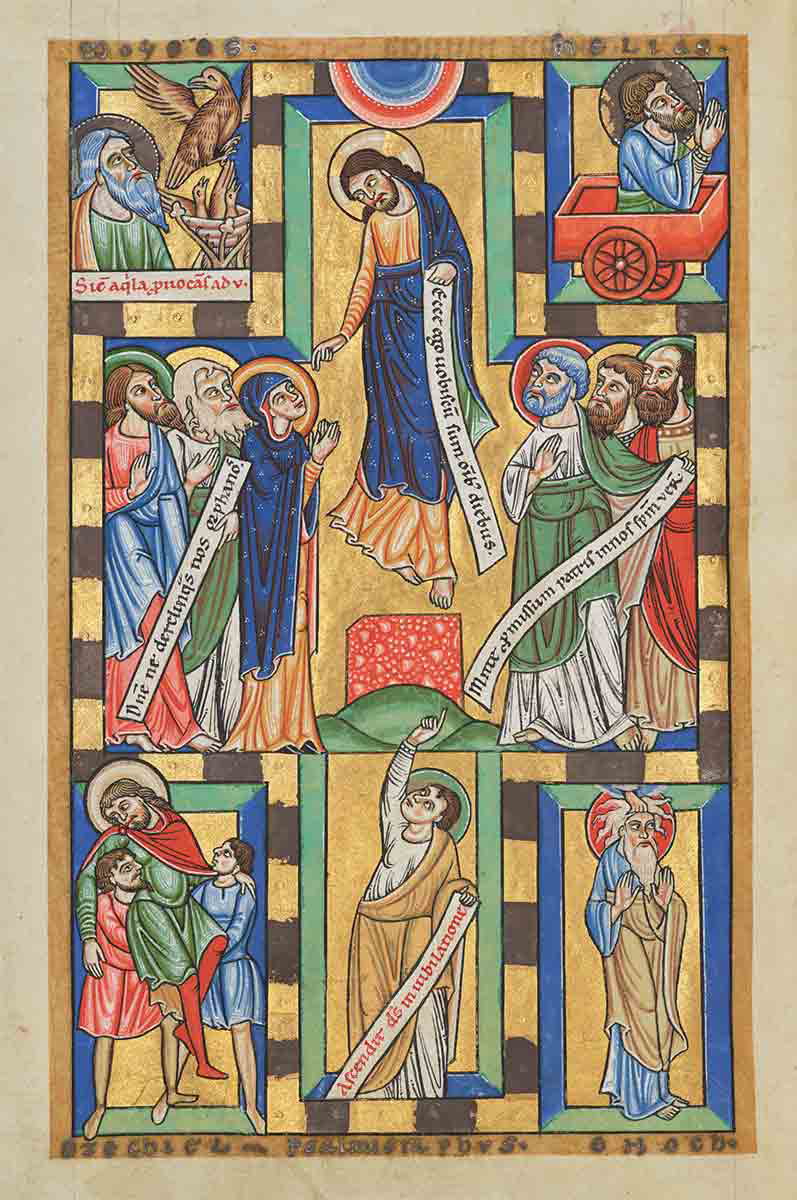
Another person in the Bible who was taken (translated) directly into heaven without experiencing death was another prophet, named Elijah.
“As they were walking along and talking together, suddenly a chariot of fire and horses of fire appeared and separated the two of them, and Elijah went up to heaven in a whirlwind.” (2 Kings 2:11, NIV)
Elijah and Enoch were both men who lived near God and had a close relationship with him. So much so that God (according to the Bible) seemed to have chosen them for himself and taken them straight up into Heaven. While Enoch’s mysterious disappearance has no explanation, Elijah’s protege, Elisha, witnessed his being taken into Heaven.
In Christianity, the only other person who ascends to Heaven, alive, is Jesus Christ. Jesus’s ascension was also supposedly witnessed by his friends, the disciples (Acts 1:9-11). Neither Enoch nor Elijah experienced any kind of death before ascending. Jesus was crucified and declared dead, but according to the Bible, he stood up after three days. He spent another 40 days appearing to His followers, walking with them, eating with them, and teaching them before he eventually went to Heaven.
The biggest difference between these three men who were taken to Heaven is that while Jesus was fully human, he was also fully God. While Enoch and Elijah disappeared, Jesus returned home.
The Significance of Enoch’s Disappearance in the Bible
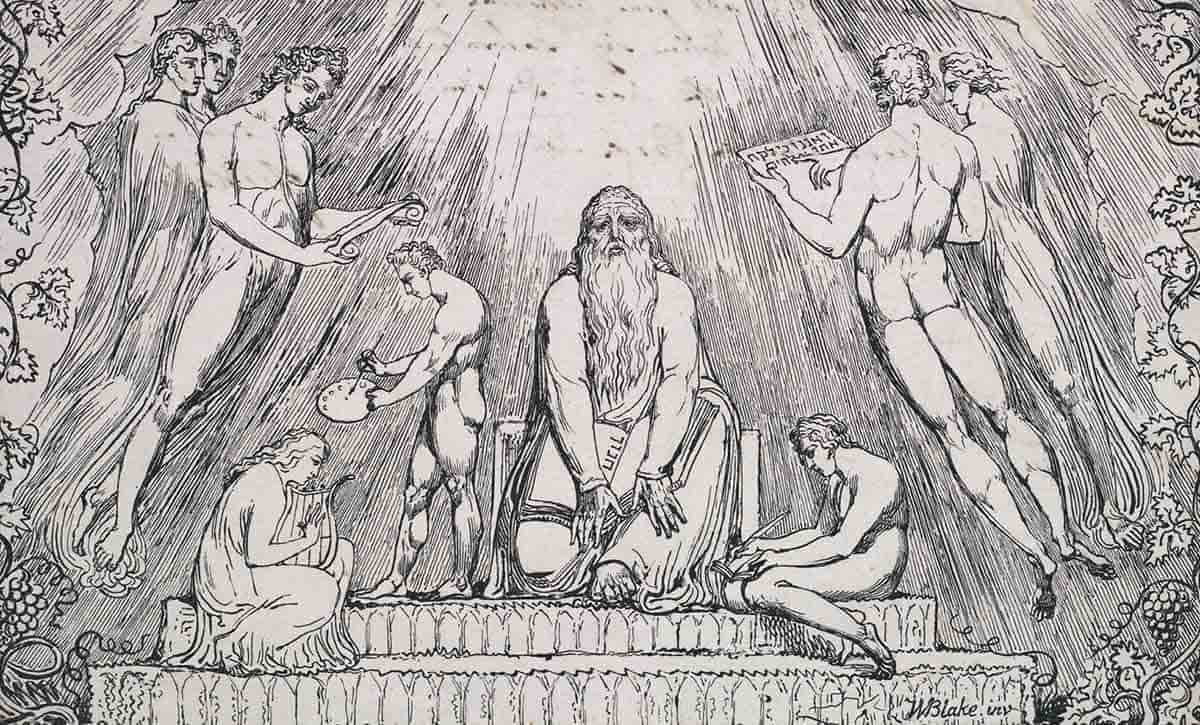
Pleasing God is the secret behind the mystery of Enoch’s disappearance. After him, only a handful of individuals are written about as “pleasing God”:
- Four generations later, we’ve already explored how Noah was the only living person to please God at the time of the Flood. (Genesis 6:8)
- Ten generations later, Abraham’s faith was credited to him as righteousness, and he was called God’s friend. (James 2:23)
- 14 generations later, David is called “a man after God’s heart” (Acts 13:22)
- 28 Generations later, Jesus is called God’s beloved Son, “in whom He is well pleased.” (Matthew 3:17)
In a popular passage from the Book of Hebrews, chapter eleven, Enoch is mentioned among what some call the “hall of fame” of faith heroes.
“By faith Enoch was taken from this life, so that he did not experience death: He could not be found, because God had taken him away. For before he was taken, he was commended as one who pleased God.” (Hebrews 11:5, NIV)
Enoch disappeared from the face of the Earth because he found favor with God. That’s what the Bible and the Book of Enoch tell us. There are no fancy explanations.
Unlike oft-quoted Bible verses and prosperity religion, the mention of Enoch, Elijah, and Jesus’ ascension is not so easy to understand, but that does not mean that it doesn’t deserve our attention.
